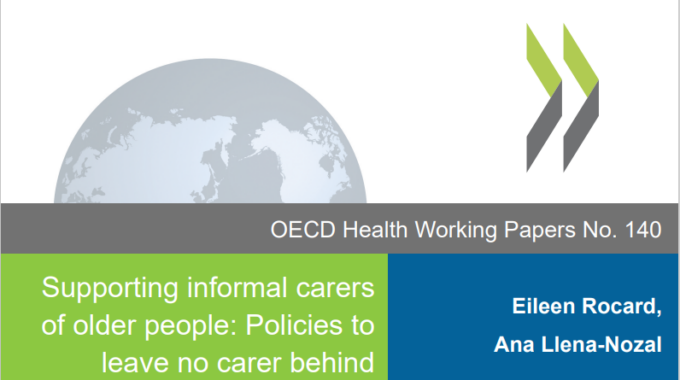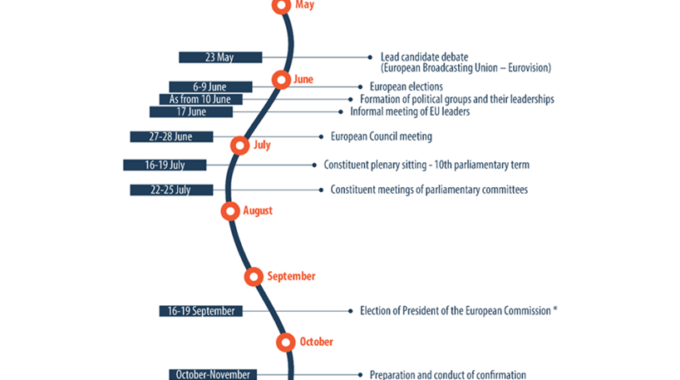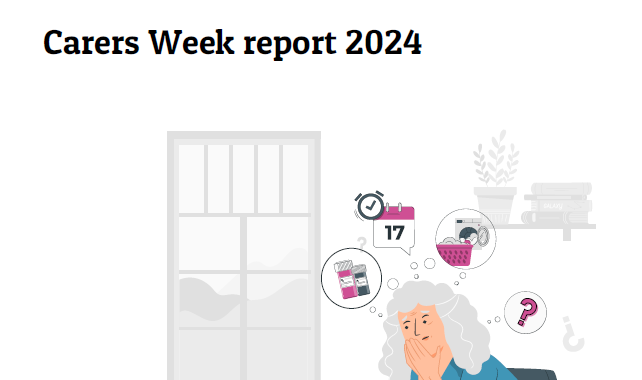
Supporting informal carers of older people – key findings from OECD
Policies to leave no carer behind
Informal carers – family and friends who perform care – are the first line of support for older people. About 60% of older people who receive care at home report receiving only informal care across OECD countries.
While informal carers help to contain public costs, those costs are borne elsewhere. Women perform the majority of informal care, posing a barrier to their labour market participation. It is generally impacted when caring over 20 hours per week. The COVID-19 pandemic has increased pressures on carers.
Making informal care a choice without constrains requires a comprehensive set of policies. Countries have taken steps, though more could be done. While access to information has improved, counselling and training depends heavily on the voluntary sector and respite typically remains insufficient. About two-thirds of OECD countries provide direct or indirect cash benefits to informal carers. Nearly two-thirds also mandate paid or unpaid care leave entitlements.





